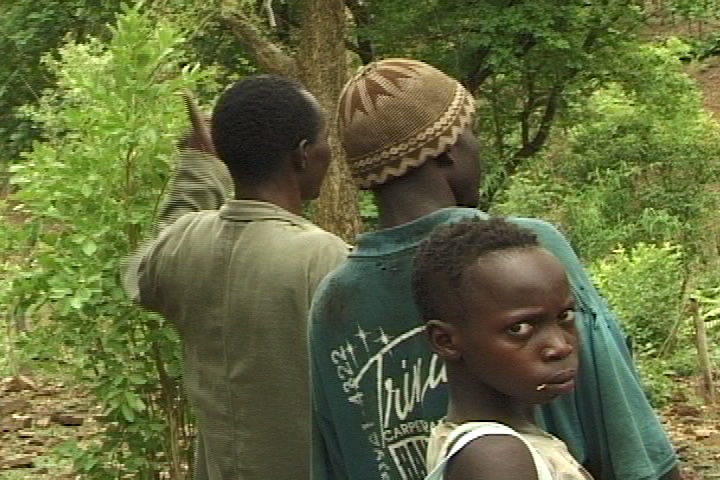How to ensure Environmental, Social and Democratic Standards. A Pluridisciplinary Research Project in Faléa, Mali, in Search of University Partnerships
Background
The rural community of Faléa is located in the south-western part of Mali. Its population, some 17,000 inhabitants spread over 21 villages, extends over 400 km2 bordering Guinea-Conakry in the south and Senegal in the west. The Faléa area is shared between four ethnic groups, namely the Dialonké, the Malinké, the Fula (Peul) and the Diakhanké. Economic activity centres on small-scale and subsistence production such as agriculture, pastoral farming, fishing, hunting and arts and crafts. Life in the Faléa community was socially peaceful and in balance with nature. 
Challenges ahead
Recently, however, things have started to change tremendously. Following the discovery of large deposits of gold, uranium, copper and bauxite, the Malian government decided to exploit those minerals at industrial scale. As a result, several large consortiums launched gigantic extraction projects covering almost the entire Faléa region. Amongst these projects are factories employing thousands of workers, thermal power plants, and roads and railways for dispatching the minerals. The planned extraction and processing projects would open up the whole Faléa region, causing unprecedented impact on social life, local economy and the environment.
The Pluridisciplinary Faléa Research Project
Local NGOs such as the Association of Residents and Friends of the Faléa Community (ARACF) were founded to assist the communities of Faléa facing risks of abrupt industrialisation, in particular adverse effects on the environment, human health and the social fabric. However, local initiatives alone, albeit essential, are not sufficient responses to challenges posed by export-oriented policies focusing on economic growth and “modernisation”. A particular need consists of external assistance for monitoring extractive industries operating in the Faléa region, in particular the intrusive Rockgate Capital Corp. For that purpose, a university antenna shall be established in Faléa, welcoming master students, post-doctoral researchers and graduates for spending a few weeks to a few months as visiting researchers in order to analyse the changes affecting the environment, the social fabric and the state of health in the Faléa communities. The Pluridisciplinary Faléa Research Project aims at investigating the mining companies’ compliance with good mining practices and exemplary codes of conduct. To achieve that goal, Faléa is looking for partners from universities and research institutions from all over the world interested to carry out pluridisciplinary research on the ground and to share ideas with Malian experts. The Pluridisciplinary Faléa Research Project is a concrete and pragmatic response to popular lip-service to sustainability in times of accelerated land-grabbing primarily in Africa.
Topic Areas for Research Partnerships
In terms of an indicative survey, the following topic areas may be particularly receptive for joint and pluridisciplinary research activities:
- Governance of mining, customary land uses and formal land tenure.
- Extractive industries and hallowed grounds.
- Anthropology of systems and techniques of mining.
- Sustainable water use in the context of industrial mining and neoliberalism.
- Ecological debts, ecological footprints and ecological services.
- The problem of “invisible”, i.e. non-registered hectares and persons.
- Democratic governance, environmental justice and extractive industries: Pluridisciplinary approaches.
- Sustainable development at local levels in the context of neoliberalism and globalisation.
- The social fabric and the (re-)construction of identity in times of socio-economic upheavals caused by industrial mining.
- Impacts of industrial mining on languages and symbols, and the mixing of imaginations in a traditional socio-cultural context.
- Alphabetisation of local languages, promotion of literary creation and the development of social consciousness in rural life challenged by neoliberal modernisation.
In order to ensure mutually beneficial exchange of ideas and tangible results, persons interested in starting a research partnership with the Faléa Research Project must be fluent in the French language. Interested parties should apply until September 10, 2011 to Prof. Many Camara, Email: manycamara@yahoo.fr. Applicants will be informed about further proceedings in due course.
For the Faléa Research Project: Prof. Many Camara, Bamako/Mali. Email: manycamara@yahoo.fr.
Contact point in Switzerland: Michael Burkard, Attorney, Bern/Switzerland. Tel.: +41 (0)31 381 52 14.





